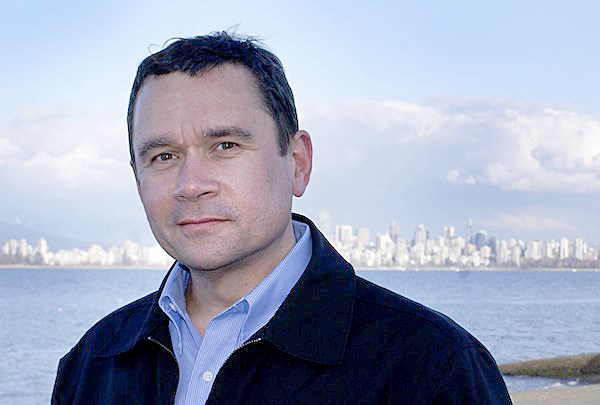What would happen if you undertook a massive project and overspent your budget by 100%? What would be the reaction of your boss if you told her that costly new office space was needed because your elevators were poorly maintained?
In either case, you would likely be sent packing.
But if you were a director on Metro Vancouver’s board, you would be unscathed.
That is because, as with Canada’s Senate, directors on Metro Vancouver’s board are appointed by their peers, not elected. It has an annual budget of $670 million and an appointed board of directors.
And there’s the rub: Metro Vancouver is fundamentally unaccountable to the citizens who pay for it.
It is a condition SFU professor Patrick Smith, an expert on local government,argues is ripe for reform. Smith wrote in 2006 that a case can be made for more accountability “through democratic reforms like direct elections.”
People pay attention to how city halls spend their money. When they are dissatisfied, they vote for new elected representatives. But even if we knew how Metro Vancouver spends its budget, there is little recourse for voters to drive change if they wanted to.
Few of us are aware, for example, how badly off track the Seymour-Capilano water tunnel project went. Its original $400-million budget wound up at more than $820 million. That debacle contributes to increases in our water rates.
Another large expense was announced — some would argue cynically — just prior to the Christmas holiday. Metro Vancouver purchased the entire MetroTower III building, only two blocks from its present location, for $205 million. Metro’s new offices will occupy the top 13 floors.
Remember, these are the same folks who just last year pleaded poverty and urged us to support a sales tax increase to pay for transit improvements.
In a media interview, Metro Vancouver’s board chair Greg Moore, mayor of Port Coquitlam, justified the purchase by pointing out Metro’s existing offices are 30 years old and by trading up they could avoid maintenance costs for the building’s cladding and unpredictable elevators.
Hearing that the organization charged with maintaining our nearby dams and sewers let its own office buildings fall into such disrepair does not instil much confidence.
For the fifth time since 2011, Moore was acclaimed as Metro Van’s chair. The perks of the chair’s job include a $71,000 salary (2015), approximately $15,000 for expenses and a travel budget to attend conferences. This is in addition to his $91,000 mayor’s salary — one-third of which is tax-free, as are all salaries for elected officials. Moore and his council recently boosted his transportation allowance from $4,450 to $7,200, roughly on par with the Vancouver mayor.
Added up, Moore’s compensation makes him one of B.C.’s best-paid politicians, which given his responsibilities few would begrudge him. But when asked about this remuneration by reporter Janis Warren of The Tri-City News, Metro’s chair bristled. “Do you know a vice-principal at a high school will get paid a lot more than the mayor of Port Coquitlam?” Moore said. “Let’s not forget the Community Charter clearly indicates that the mayor is the CEO, so I’m the mayor/CEO of a $90-million organization that affects 58,000 people pretty much every day, and I think the salary that we get paid is very justified.”
We can debate whether Moore and his fellow mayors are the equivalent of a “CEO.” But we can agree that the time has come for giving a stronger voice to citizens through direct elections of our Metro Vancouver representatives.
--Mike Klassen is principal and founder of TCG Public Affairs, a strategic communications and advocacy consultancy that works with government, non-profit and private sector clients, primarily focused on economic development.
[email protected]
@MikeKlassen



